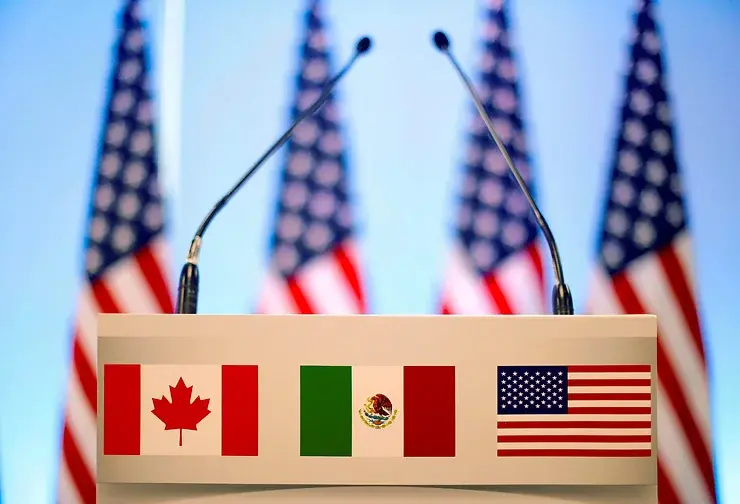Questions
Nearshore BPO Questions Answered
Our delivery model is built for U.S. expectations: bilingual, culturally fluent teams aligned to U.S. time zones, structured onboarding to your brand and processes, and proactive communication rhythms. Our team members are accent-neutral, and many have lived or worked in the United States. You'll find they communicate, write, and engage at the same level as U.S.-based professionals.
Nearshore performance lowers total cost of ownership. U.S.-aligned time zones, strong English, cultural fluency, and proximity make collaboration faster and smoother. That translates into less rework, fewer misunderstandings, quicker ramp-up, higher retention, and less management burden on your team. You're not paying for labor. You're paying for reliable execution and outcomes delivered with the responsiveness of an extension of your operation.
Amalga operates as a managed services partner, not a body shop. We provide documented workflows and SOPs, clear KPIs and SLAs, ongoing QA and coaching, and regular performance reporting. We own execution and outcomes, so you get predictable delivery that improves over time—not a rotating set of people. Our QA process includes weekly calibrations, coaching sessions, and continuous improvement loops.
We are ISO 27001 certified and HIPAA compliant, with business associate agreements available for healthcare data. Our facilities have controlled access and monitored environments. SOC 2 Type II certification is in progress. We take security as seriously as you do and can provide detailed documentation during your diligence process.




